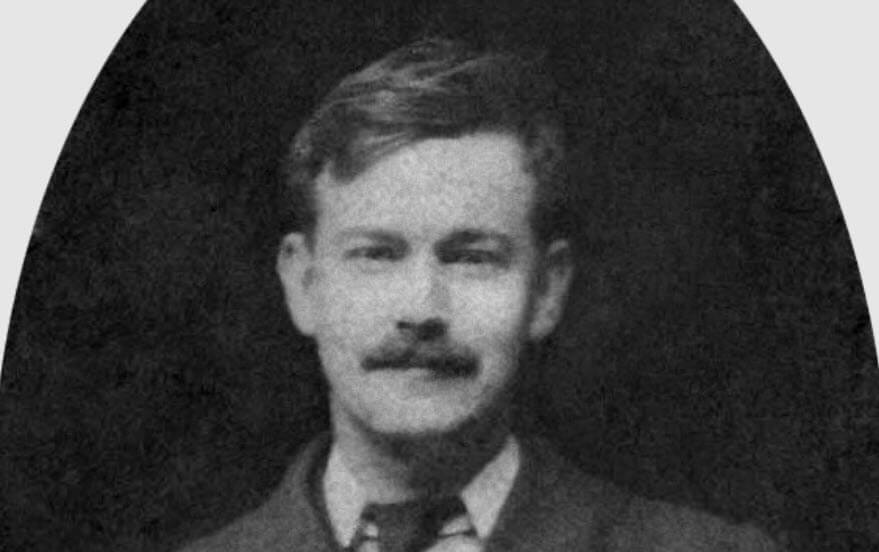Who was Richard Henry Tawney? Information on English economic historian Richard Henry Tawney biography, life story and works.

Source: wikipedia.org
Richard Henry Tawney (1880-1962) was a prominent British economic historian and social critic who made significant contributions to the fields of economic history, social policy, and education. Tawney’s work explored the intersection of economics and society, with a focus on understanding the relationship between economic institutions and social inequality.
Tawney was born in Calcutta, India, but grew up in England. He attended Rugby School and Balliol College, Oxford, where he earned a degree in modern history. After completing his studies, Tawney worked as a tutor, and later as a lecturer at the University of Glasgow.
Tawney’s early work focused on the history of religion in England, particularly the impact of Protestantism on English society. In his 1921 book, “Religion and the Rise of Capitalism,” Tawney argued that the Protestant work ethic, which emphasized hard work, frugality, and self-discipline, played a significant role in the development of capitalism in England.
Tawney’s later work focused on economic history and social policy. In his 1931 book, “Equality,” Tawney argued for a more equitable distribution of wealth and resources in society. He criticized the idea that wealth and status should be based solely on individual merit, arguing instead that social and economic outcomes were shaped by a range of factors beyond individual control.
Tawney was also a prominent advocate for education reform. He argued that education should be accessible to all, regardless of social class, and that the state had a responsibility to provide adequate funding and support for education. In his 1926 book, “The Acquisitive Society,” Tawney criticized the emphasis on materialism and consumerism in modern society, and called for a greater focus on education, culture, and community.
Tawney’s work had a significant impact on social and economic policy in Britain, and he remains an important figure in the history of economic thought and social criticism.
Source – 2
Richard Henry Tawney; (1880-1962), English economic historian, known for a moral fervor unique among scholars of his day. He was born in Calcutta, India, on Nov. 30, 1880, the son of a British civil servant, and was educated at Oxford, where he spent many years teaching and writing. In 1919 he moved to the University of London as a reader in economics, arid in 1931 he was appointed professor of economic history, serving as well on many government commissions. He died in London on Jan. 16, 1962.
R. H. Tawney showed great interest in the plight of the workingman, an interest aroused early in his career when he studied slum conditions in the East End of London. A believer in more education for workers, he lectured to them on economics and related subjects in adult education programs. He urged greater equality—a sentiment that led him to refuse his M. A. degree at Oxford because a fee was required.
A compelling figure on the lecture platform, Tawney was likely to put a still-lit pipe into his pocket as he talked. His philosophy of reform markedly influenced the British labor movement in the early part of the 20th century. Although his methods of historical investigation are often rejected now because he did not stress the use of statistical data, he did draw attention to the ethical basis of social science. His book Religion and the Rise of Capitalism (1926) sought to show how religious beliefs affect the economy.
Tawney’s specialty was 16th century economic conditions, on which he stimulated much research. He was a brilliant writer for whom the construction of a new society was not merely an economic and political task but a moral one as well.